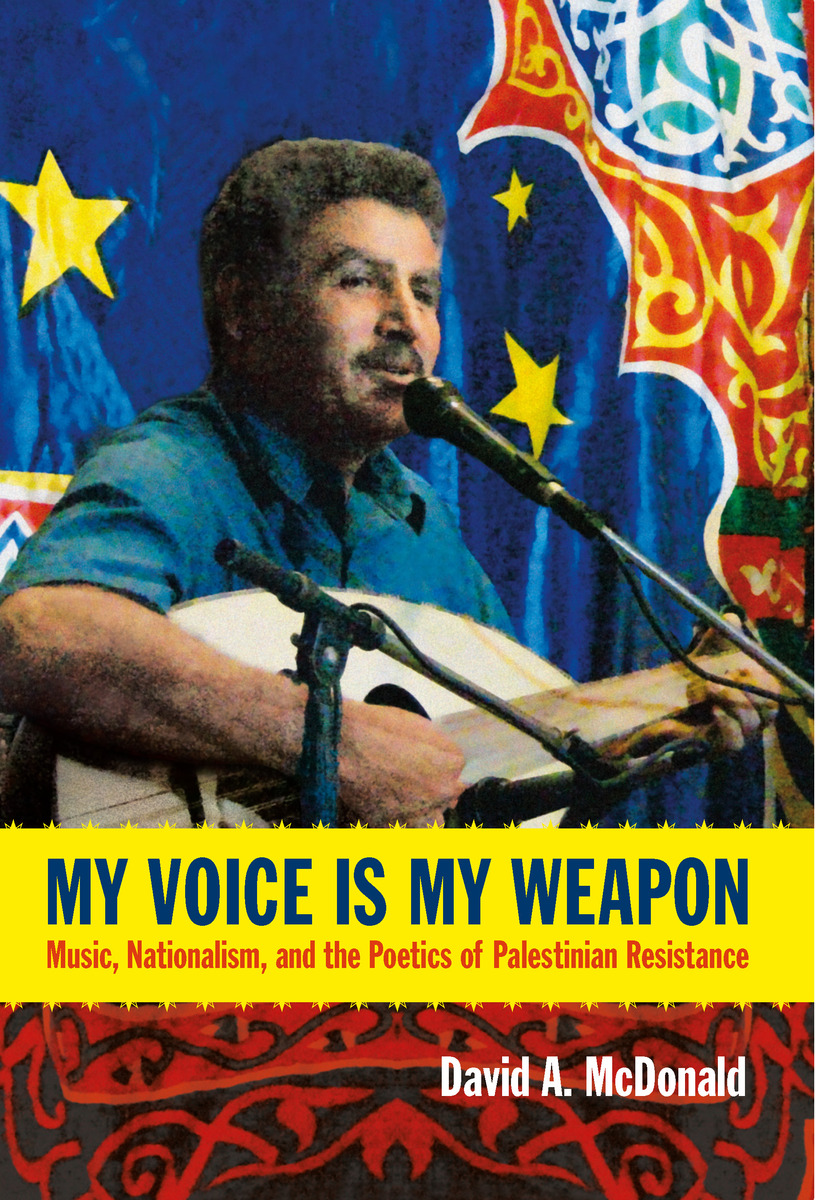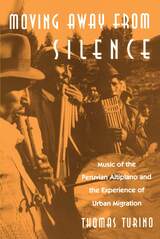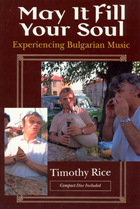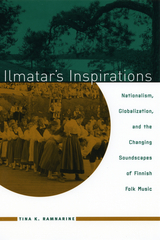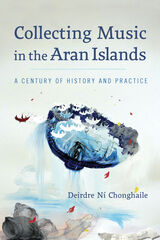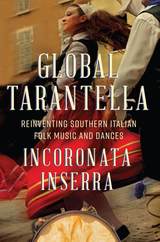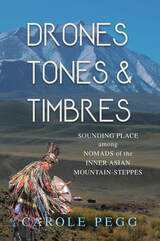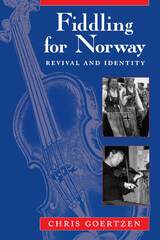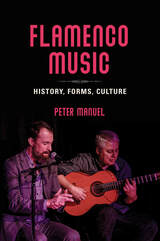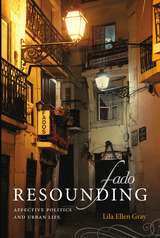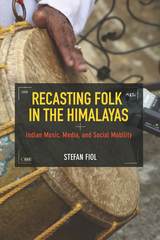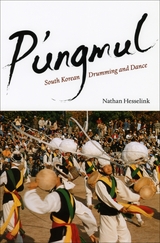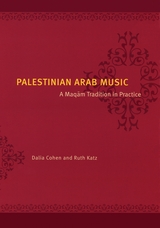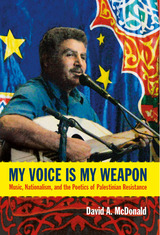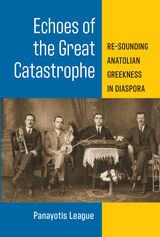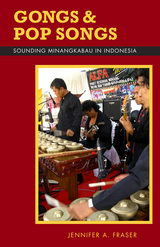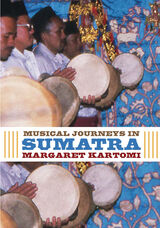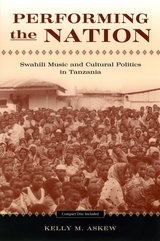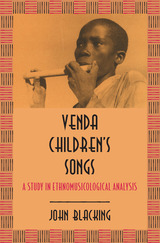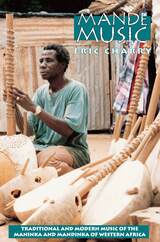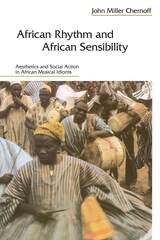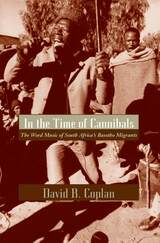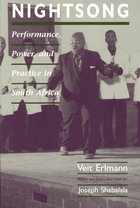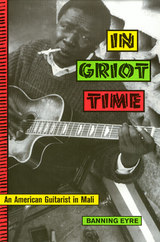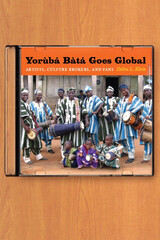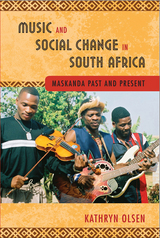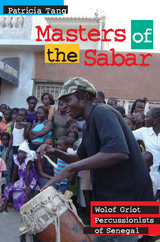"David A. McDonald has written a singular, ambitious, and much-needed book that explores a very important dimension of the Palestinian-Israeli question. He provides an invaluable historical overview of Palestinian resistance music since the 1930s and an ethnography of music and musicians during the second intifada and its aftermath."—Ted Swedenburg, coeditor of Palestine, Israel, and the Politics of Popular Culture
"This book is highly original, well researched, and extremely engaging. Through strong social analysis and sharp historical insights, David A. McDonald connects music, poetry, performance, and political life among the Palestinian people."—Virginia Danielson, author of The Voice of Egypt: Umm Kulthūm, Arabic Song, and Egyptian Society in the Twentieth Century
“The volume, and the fieldwork from which it is written… do much to demystify Palestinian politics and political expression for western readers; for this reason among the other strengths of the work,My Voice is My Weapon will prove a valuable tool for students, educators and the general public in years to come.”
-- Rayya S. El Zein Ethnomusicology Forum
“There are at least two and possibly three different books co-existing within David McDonald’s comprehensive and impressively researched study of music in Palestinian society and its role in shaping national identity within the context of the Israeli-Palestinian conflict . . . a compelling and monumental study.”
-- Songlines
"By including Palestinians living in the Palestinian Territories, in Israel, and in exile as well as a plethora of musical genres, McDonald shows the diversity of history, experience, and meaning of Palestinian identity."
-- KD Middle East Journal
“David A. McDonald’s study of Palestinian music is . . . an acute, nuanced account of Palestinian history and identity as it is sung, danced, and performed by Palestinians. What emerges is neither a simple counter-narrative nor an essentialized, sugarcoated tale of Palestinian resistance and resilience. Instead, it is an incisive and thoughtful examination of a multilayered narrative as it has emerged over time and been variously interpreted and experienced by Palestinians in Israel, the occupied territories, and the diaspora. McDonald’s work is significant if simply for the fact that it is the first English-language monograph to substantially engage with Palestinian music as it relates to the shaping and formation of Palestinian identity.”
-- Sylvia A. Alajaji Journal of Popular Music Studies
"In My Voice Is My Weapon David A. McDonald rigorously examines Palestinian exile, occupation, and dispossession through an ethnographic history of Palestinian protest music.... Through rigorous analysis of musical repertoire, performers, and historical context, McDonald clearly illustrates the multiplicity of Palestinian resistance strategies and competing visions of nationhood, thus encouraging scholars to reconsider the making of modern national consciousness.... This study of Palestinian protest music richly reveals how repertoire binds together disparate experiences of Palestinian national identity into a musical landscape."
-- Shayna M. Silverstein PoLAR
"My Voice is My Weapon is remarkable, well researched and presented.... Although those involved with Middle Eastern studies will no doubt find this book to be of significance, due to its musical subject matter and ethnohistorical approach My Voice is My Weapon is a must-read for any cultural anthropologists, folklorists, and especially ethnomusicologists with an interest in the topic."
-- Lisa Urkevich Notes
“Literature on Palestinian music is scarce. This makes David McDonald’s My Voice Is My Weapon, which includes a substantial amount of overviews and details information on Palestinian music, a much-needed addition to the current research. What is more, the book is valuable as a piece of well-done research.”
-- Stig-Magnus Thorsén World of Music
"...this is a fascinating, well- researched and compelling study that will find appreciative audiences among students and scholars of the Middle East, popular culture, and music. It should be required reading for advanced undergraduate and graduate courses on popular culture, ethnomusicology, and Middle Eastern Studies, not only for its rich historical and ethnographic material and excellent online archive, but for its methodological insights and conclusions."
-- Jonathan Shannon Ethnomusicology
